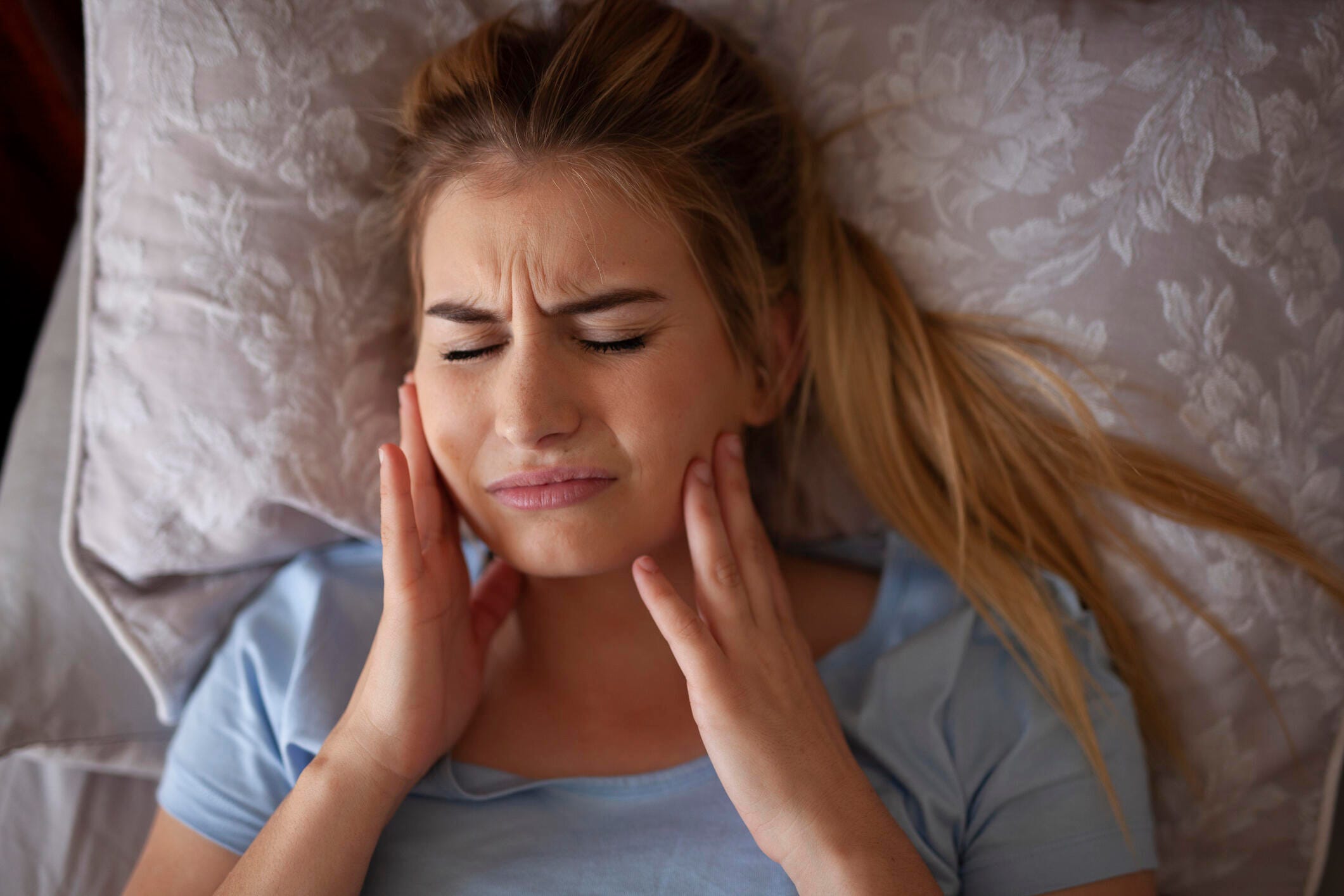Grind-Free Sleep: Natural Ways to Stop Teeth Grinding

Understanding Sleep Bruxism
If you experience pain in your jaw, teeth, ears, or head, especially in the morning, it could be a sign of sleep bruxism. This condition involves grinding or clenching your teeth while you sleep. For mild cases, there are several ways to manage and alleviate symptoms at home. However, if the issue persists or worsens, it's important to consult with a healthcare professional for proper treatment.
Common Causes of Teeth Grinding
Before exploring solutions, it's essential to understand what leads to sleep bruxism. Several factors can contribute to this condition, including:
- High levels of anxiety or stress
- Certain medications, such as some antidepressants
- Personality traits like being aggressive, competitive, or tense
- Unhealthy lifestyle habits, such as excessive alcohol consumption, smoking, or high caffeine intake
According to the Mayo Clinic, individuals who grind their teeth during sleep are more likely to have other sleep-related issues, such as snoring or sleep apnea. In severe cases, bruxism can lead to damaged or loose teeth, headaches, and jaw or facial pain. Fortunately, there are natural methods to reduce bruxism and achieve better sleep without medication or surgery.
Natural Ways to Stop Teeth Grinding
For those dealing with mild bruxism, here are six effective strategies to consider:
-
Perform Mouth and Jaw Exercises
Engaging in specific mouth and jaw exercises can help relax the muscles and potentially ease the discomfort associated with teeth grinding. A simple exercise includes closing your lips without letting your teeth touch, placing your tongue on the roof of your mouth, and holding this position for several minutes while breathing slowly. Massaging the jaw muscles by gently pressing on each side of the jaw can also help relieve tension. -
Limit Caffeine Intake
Consuming caffeinated beverages like coffee and black tea can exacerbate sleep bruxism. Reducing or eliminating caffeine from your diet may help decrease nighttime grinding. If cutting caffeine entirely is difficult, consider switching to decaffeinated options. Herbal teas, which promote relaxation and sleep, can be a beneficial alternative. -
Apply Warm Compresses
Using a warm washcloth on the side of your face before bedtime can help relax the jaw muscles and prevent grinding or clenching during sleep. -
Manage Stress Effectively
Stress is a significant risk factor for bruxism. Incorporating stress-relieving activities into your daily routine can help reduce the likelihood of nighttime teeth grinding. Some effective tactics include regular aerobic exercise, practicing self-care, engaging in yoga or breathing exercises, building meaningful relationships, and setting realistic personal goals. -
Avoid Chewing Gum and Hard Foods
Chewing gum can strain the jaw muscles and encourage clenching or grinding. It's best to avoid it if you suffer from bruxism. Similarly, refraining from consuming hard, dense, or chewy foods can help prevent jaw clenching and reduce discomfort. -
Consider Magnesium Supplements
While more research is needed, some studies suggest a potential link between magnesium deficiency and bruxism. Magnesium plays a role in muscle function, and a lack of it may lead to jaw muscle tension. Taking magnesium supplements may help relax muscles, reduce stress, and improve sleep, all of which can alleviate bruxism symptoms.
When to Seek Professional Help
While these natural approaches may help with mild cases, it's crucial to consult a doctor if your condition is severe or causes persistent pain. Your healthcare provider can identify the underlying causes of your teeth grinding and develop an appropriate treatment plan. Additionally, your dentist should check for signs of bruxism during regular dental exams. They may recommend a night guard to protect your teeth and prevent damage from grinding.
It's important to remember that the information provided here is for educational purposes only. Always seek advice from a qualified healthcare professional for any medical concerns or health objectives.
Post a Comment for "Grind-Free Sleep: Natural Ways to Stop Teeth Grinding"
Post a Comment